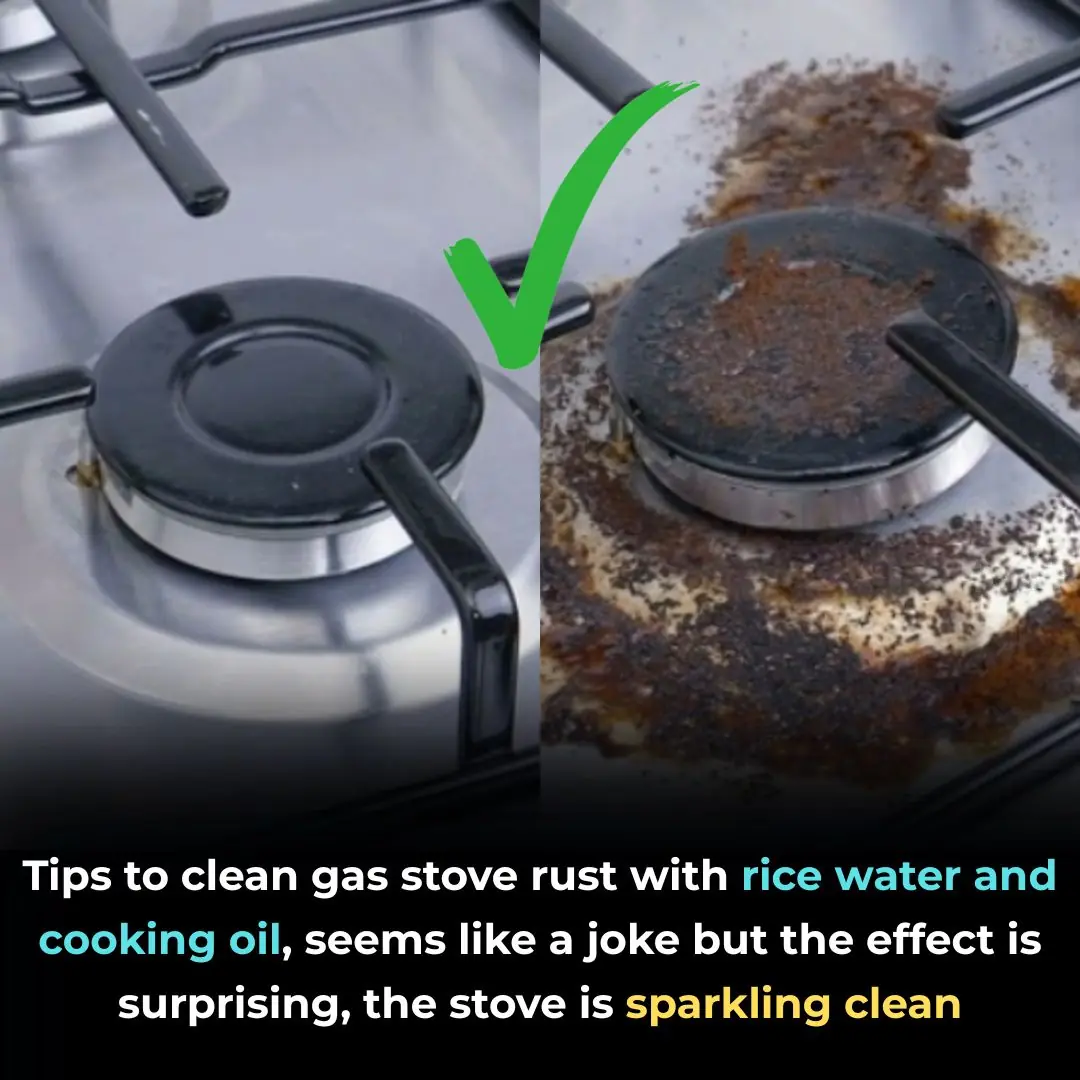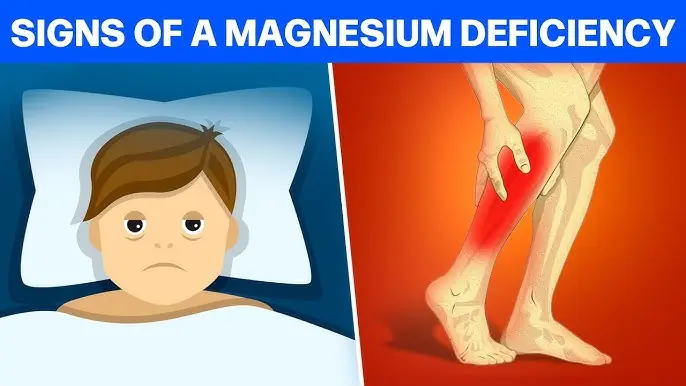
10 Early Warning Signs Your Liver Is in Trouble (Don’t Ignore #4!)
10 Early Warning Signs Your Liver Is in Trouble (Don’t Ignore #4!)
Your liver is one of the most hardworking and underrated organs in your entire body. Every minute, it filters toxins, processes nutrients, and keeps your metabolism running smoothly. Yet for millions of people around the world, this essential organ is quietly deteriorating — often without a single noticeable symptom. The liver’s cells can become inflamed, overloaded with fat, and eventually develop scar tissue that slowly strangles the organ’s ability to function.
The truly frightening part? In many cases, this decline happens silently.

The Hidden Danger of Liver Disease
The challenge with liver damage isn’t just its subtle onset — it’s that when symptoms finally appear, they are often so vague that most people (and sometimes even doctors) mistake them for something else. You might think you’ve eaten something that didn’t agree with you, caught a mild virus, or are simply run down from stress or lack of sleep. Meanwhile, chronic inflammation and scarring may be steadily advancing.
By the time the warning signs become obvious, your liver could already be up to 90% compromised, leaving little time to reverse the damage.
But there’s good news: your liver has an extraordinary ability to heal itself, provided you recognize the early signs and address the underlying causes. And it’s a serious misconception to think that only alcohol damages the liver. Modern research shows that poor diet, chronic inflammation, medications, and hidden infections are all common culprits. The sooner you identify and address these factors, the faster your liver can repair and regenerate.
(This article draws upon insights from Dr. R.N. Veller and other hepatology experts.)
📌 Key Takeaways
-
Silent Damage: Liver disease often progresses quietly until it reaches an advanced stage.
-
Subtle Clues: Early symptoms can mimic fatigue, indigestion, or stress-related issues.
-
More Than Alcohol: Diet, medications, and viral infections can be equally damaging.
-
Regeneration Is Possible: The liver can repair itself if the root cause is treated early.
-
Act Early: Paying attention to subtle body signals can prevent irreversible harm.
🔥 The 4 Main Causes of Liver Damage
Before exploring the warning signs, let’s understand what actually harms the liver. Four primary offenders are responsible for most cases of chronic liver stress:
1. Excess Sugary and Processed Foods
Refined flours, high-fructose corn syrup, and sugary beverages are among the biggest contributors to non-alcoholic fatty liver disease (NAFLD). Industrial fructose — the kind found in soda, “healthy” fruit juices, and energy drinks — floods the liver with sugar it can’t process, turning it into fat. Over time, this buildup can cause inflammation and even cirrhosis.
2. Industrial Seed Oils
Vegetable oils like corn, soy, canola, and sunflower are packed with unstable omega-6 fatty acids. When consumed regularly — as they are in fried foods, chips, and baked goods — they promote inflammation and oxidative stress inside the liver. Replacing these oils with natural fats like olive oil, avocado oil, or butter can dramatically reduce liver strain.
3. Certain Medications
Common painkillers, particularly acetaminophen (Tylenol) and ibuprofen (Advil), are processed by the liver. Overuse or high doses can overwhelm it. The same goes for certain antibiotics, antidepressants, and cholesterol drugs. Always follow dosage guidelines and consult your doctor about long-term use.
4. Hidden Viral Infections
Viruses like hepatitis B and C can lie dormant for years, quietly attacking liver cells. These infections often go unnoticed until they cause severe scarring or even liver cancer. Simple blood tests can detect them early — and with modern antiviral treatments, many cases are now curable.
⚠️ 10 Subtle Signs of a Damaged Liver
10. A Strange Sensation Under Your Right Rib Cage
A dull ache or feeling of fullness beneath your right ribs may be one of the earliest warning signs. While your liver itself doesn’t feel pain, its protective capsule and surrounding tissues do. As the organ swells from inflammation, it presses against nerves and nearby structures like the diaphragm. This discomfort can spread to your right shoulder, neck, or back — often mistaken for a muscle knot or shoulder strain. Ignoring this signal allows the inflammation to worsen silently.
9. A Noticeable Drop in Energy and Stamina
If you feel constantly drained despite resting well, your liver might be struggling. The liver stores glycogen, your body’s quick source of energy. When it’s compromised, glucose release becomes inefficient, and toxins build up in the blood, leaving you fatigued and foggy. Feeling unusually tired after meals or workouts can also be a subtle red flag.
8. Itchy Skin Without a Clear Cause
Persistent itching — especially on the palms or soles — can be maddening and puzzling. This occurs when bile salts leak into the bloodstream because the liver isn’t filtering properly. These compounds irritate nerve endings in your skin, leading to chronic itching that’s often worse at night. Many people treat it as a dermatological issue, missing the deeper cause.
7. Red Spots or Spider Veins on Your Skin
Tiny red, web-like marks called spider angiomas often appear on the chest, shoulders, or face when liver function declines. The reason? A failing liver can’t metabolize hormones efficiently, allowing estrogen to build up. Men may also notice hair thinning on their legs or slight breast tissue enlargement — further signs of hormonal imbalance.
6. The Onset of Thyroid Problems
Your liver and thyroid are biochemical partners. Roughly 80% of inactive thyroid hormone (T4) must be converted to its active form (T3) in the liver. When that process falters, your metabolism slows. The result: fatigue, weight gain, dry skin, and hair loss — all of which can worsen if the liver remains under strain.
5. Persistently Low Vitamin D Levels
Even if you get sunlight or take supplements, your body depends on the liver to store and activate Vitamin D. A damaged liver struggles to perform this conversion, leaving your usable Vitamin D levels low. Beyond bone health, this deficiency can weaken your immune system, contribute to mood issues, and reduce cardiovascular resilience.
4. Darker Urine (Don’t Ignore This One!)
One of the most visible warning signs is a sudden darkening of urine — resembling tea or cola. This happens when your liver fails to process bilirubin, a waste pigment from red blood cells. Instead of being excreted through bile, bilirubin spills into the bloodstream and exits through your kidneys, darkening your urine and giving it a strong, musky odor.
3. Pale or Clay-Colored Stools
Your stool color reveals much about bile flow. Healthy bile gives stool its typical brown color. But if your liver or bile ducts are obstructed, your stool can appear pale, gray, or clay-colored. Sometimes it also floats due to undigested fats — another sign that bile production and fat digestion are impaired.
2. Difficulty Seeing at Night
Struggling to see in dim light can be linked to liver dysfunction. Because your liver helps absorb and store vitamin A, a shortage of bile can reduce absorption, weakening your eye’s ability to adapt to darkness. You might also experience dry, gritty eyes or general visual fatigue.
1. Swollen Feet and Ankles
When liver damage progresses into fibrosis or cirrhosis, scar tissue disrupts normal blood flow through the abdominal veins. This causes fluid to leak into surrounding tissues, leading to edema — noticeable swelling in your legs, ankles, and feet. Pressing a finger into the swollen area may leave a lasting indentation, and socks may leave deep marks by the end of the day.
👉 What to Do If You Notice These Symptoms
The encouraging truth is that many liver conditions are reversible, especially when caught early. The liver can regenerate lost tissue and restore function — but only if the root cause is identified and removed.
If you recognize several of these symptoms, don’t delay. Schedule a medical checkup and ask for liver function tests (ALT, AST, bilirubin) and an ultrasound. These simple evaluations can detect inflammation, fat accumulation, or scarring before it becomes irreversible.
In the meantime, you can support your liver naturally by:
-
Reducing alcohol, sugar, and processed foods
-
Cooking with healthy fats like olive or coconut oil
-
Staying hydrated and exercising regularly
-
Taking care with over-the-counter medications
-
Eating liver-supportive foods such as beets, leafy greens, garlic, and turmeric
Remember: not every symptom listed above automatically means you have liver disease — but ignoring them could cost you precious time. Listen to your body’s subtle warnings and act early. Your liver’s ability to heal itself is nothing short of miraculous, but it depends on you to give it the care it deserves.
News in the same category


5 Foods That Can Damage Your Thyroid (Even Though They Look Healthy)
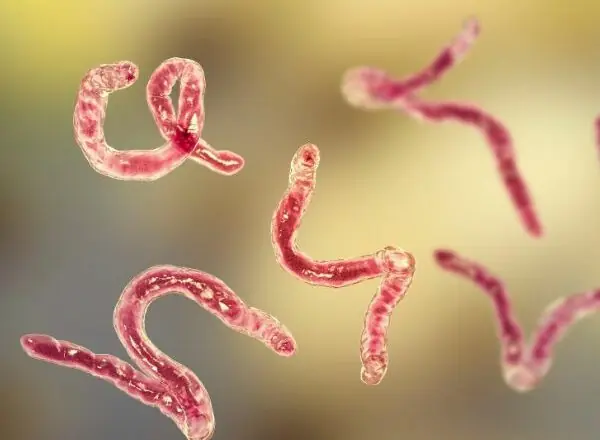
4 Powerful Remedies to Eliminate Parasites — #2 Will Surprise You!
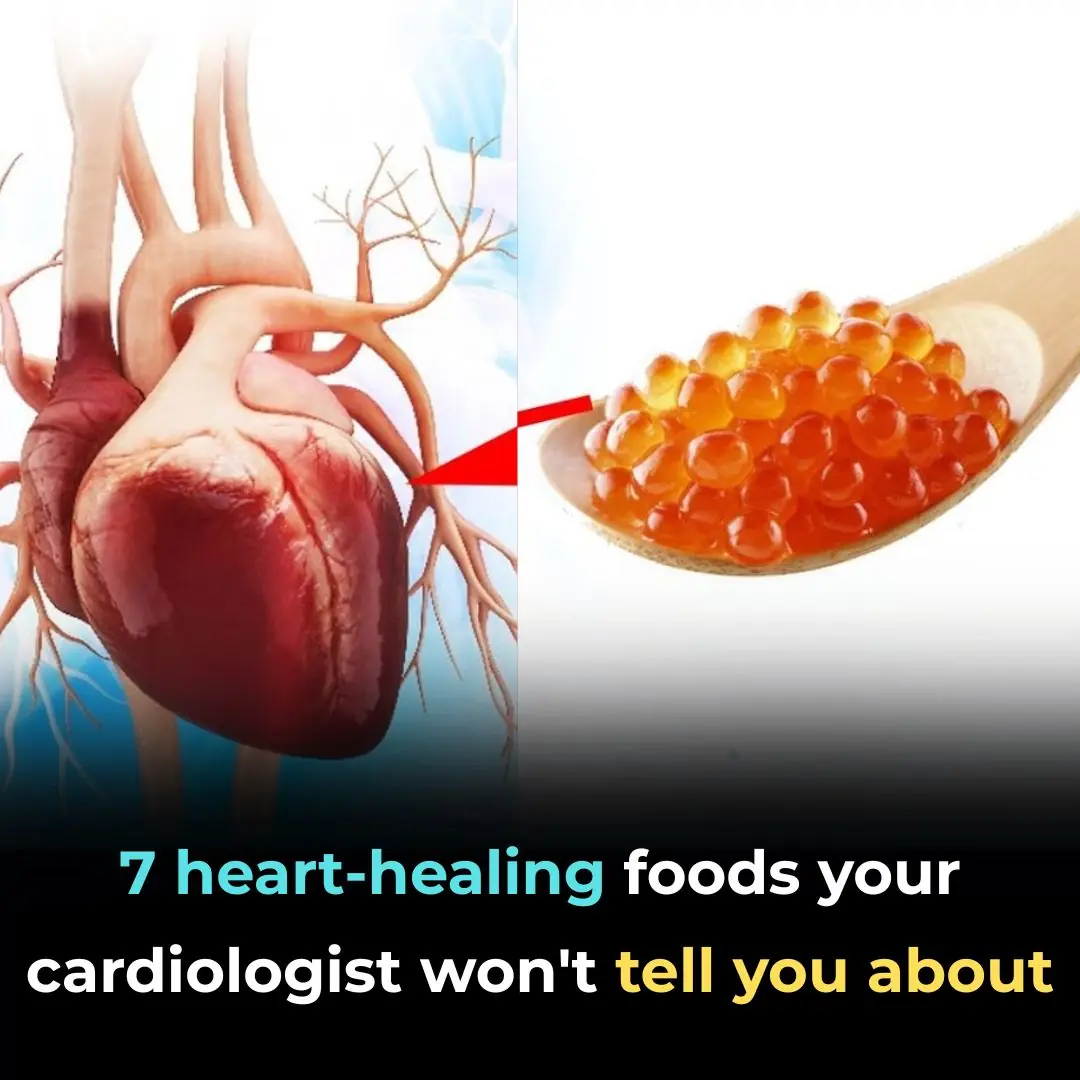
7 Heart-Healing Foods Your Cardiologist Won’t Tell You About

Say Goodbye to Joint and Bone Pain Naturally with This Ancient Herbal Remedy

Do you belong to these 4 types of people? You should know now.

What Happens If You Consume Raw Garlic Daily

Take a Glass of This and Your Liver Will Be Renewed!
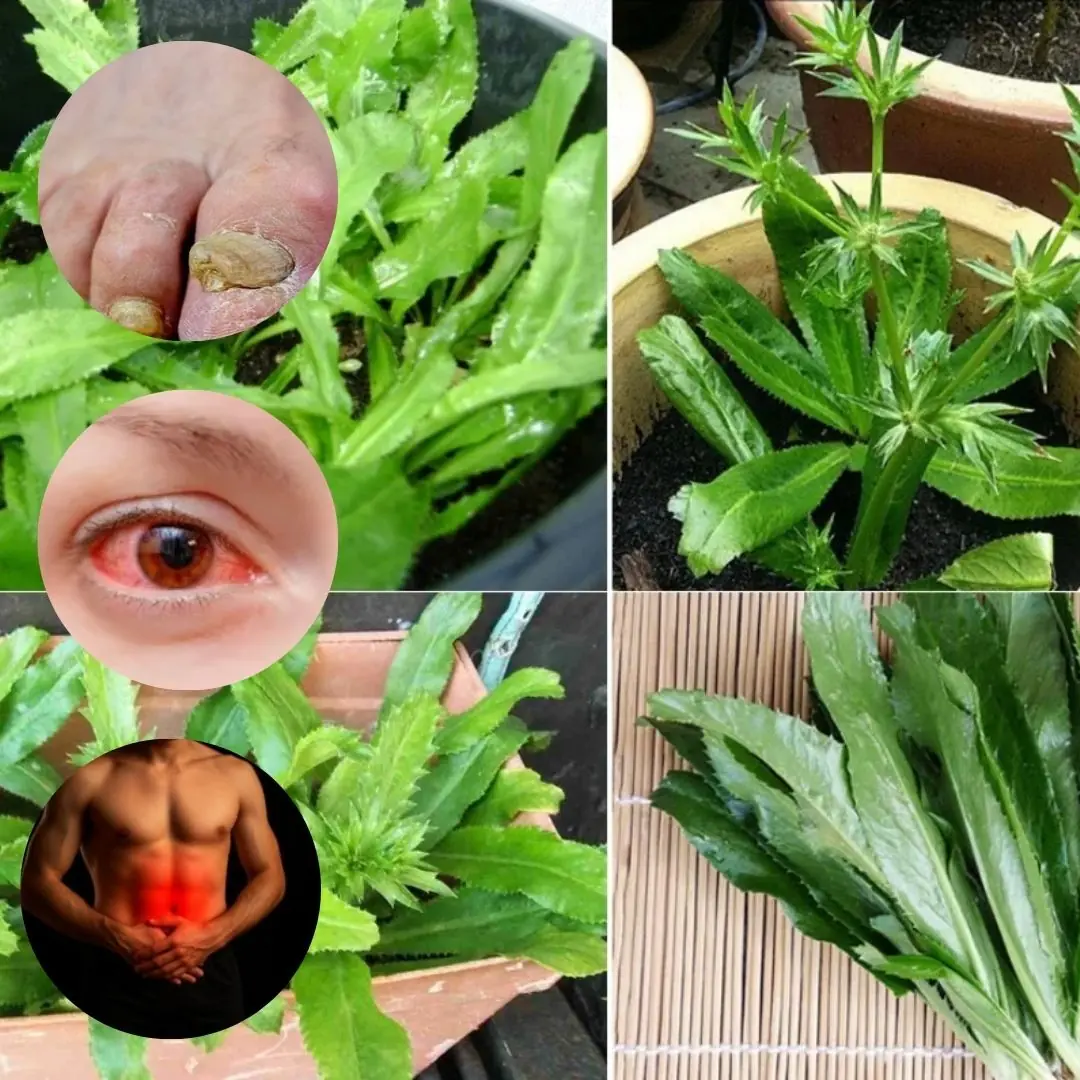
Culantro: The Hidden Gem of Your Garden
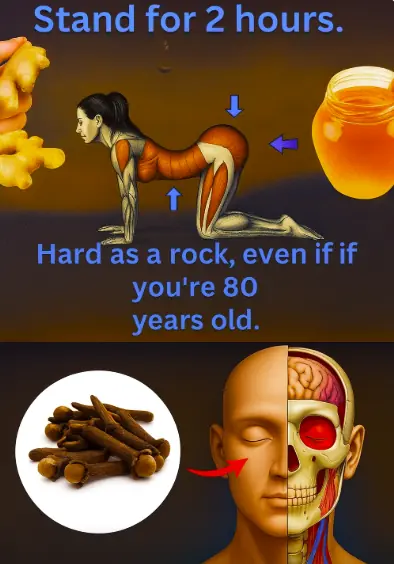
Ginger, Clove, and Honey: The Natural Trio Your Body Will Thank You For
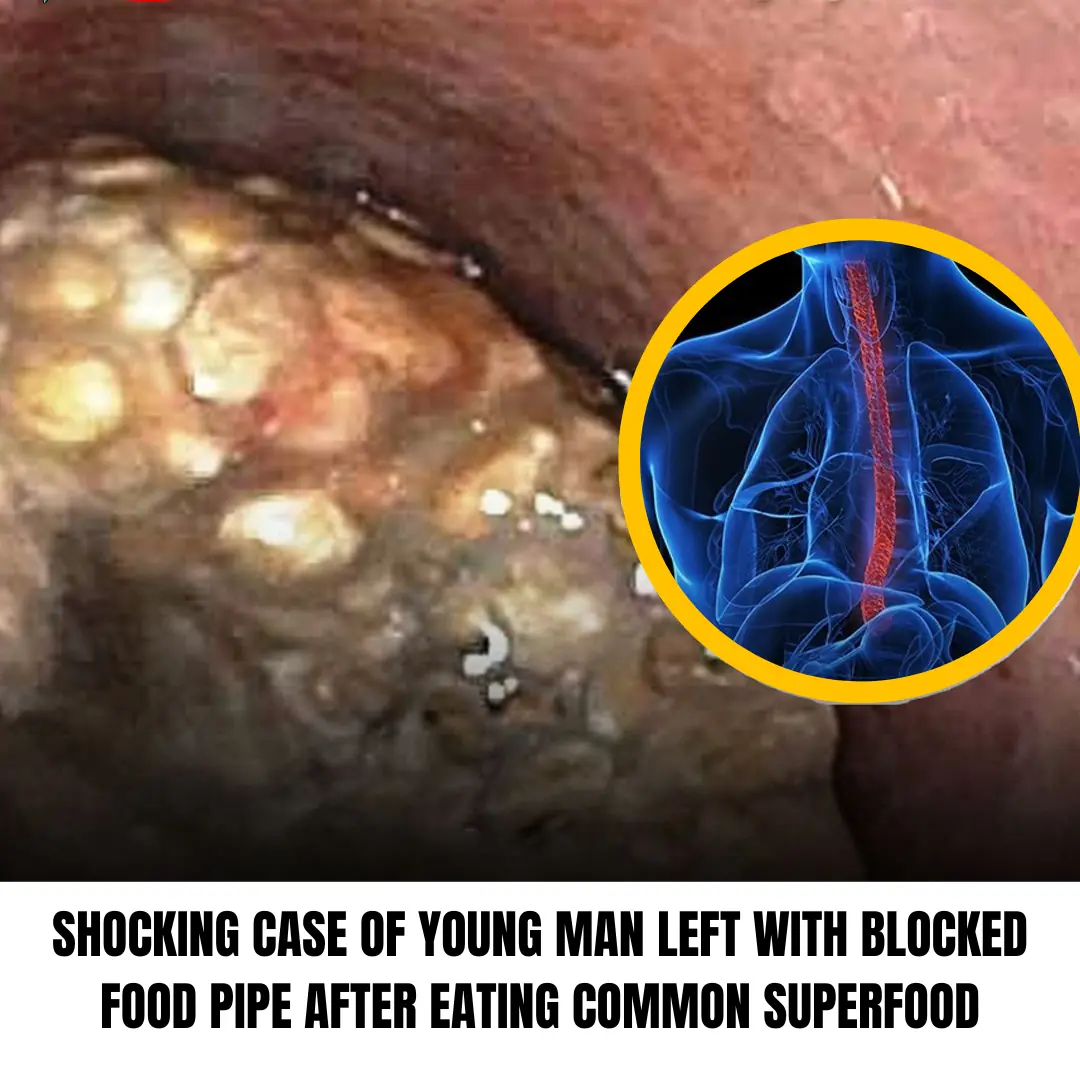
Routine Smoothie Ingredient Causes Severe Food Pipe Obstruction In Health-Conscious Teen

The Drink That’s Gaining Attention in 2025: A Natural Blend to Support Blood Pressure, Diabetes, and More

Man Passed Away After Eating Eggs — Stop Eating Eggs This Way Immediately

Two Eggs a Day — Small Habit, Big Health Boost

Sweetgum’s Hidden Powers: 7 Surprising Health Benefits You Need to Know
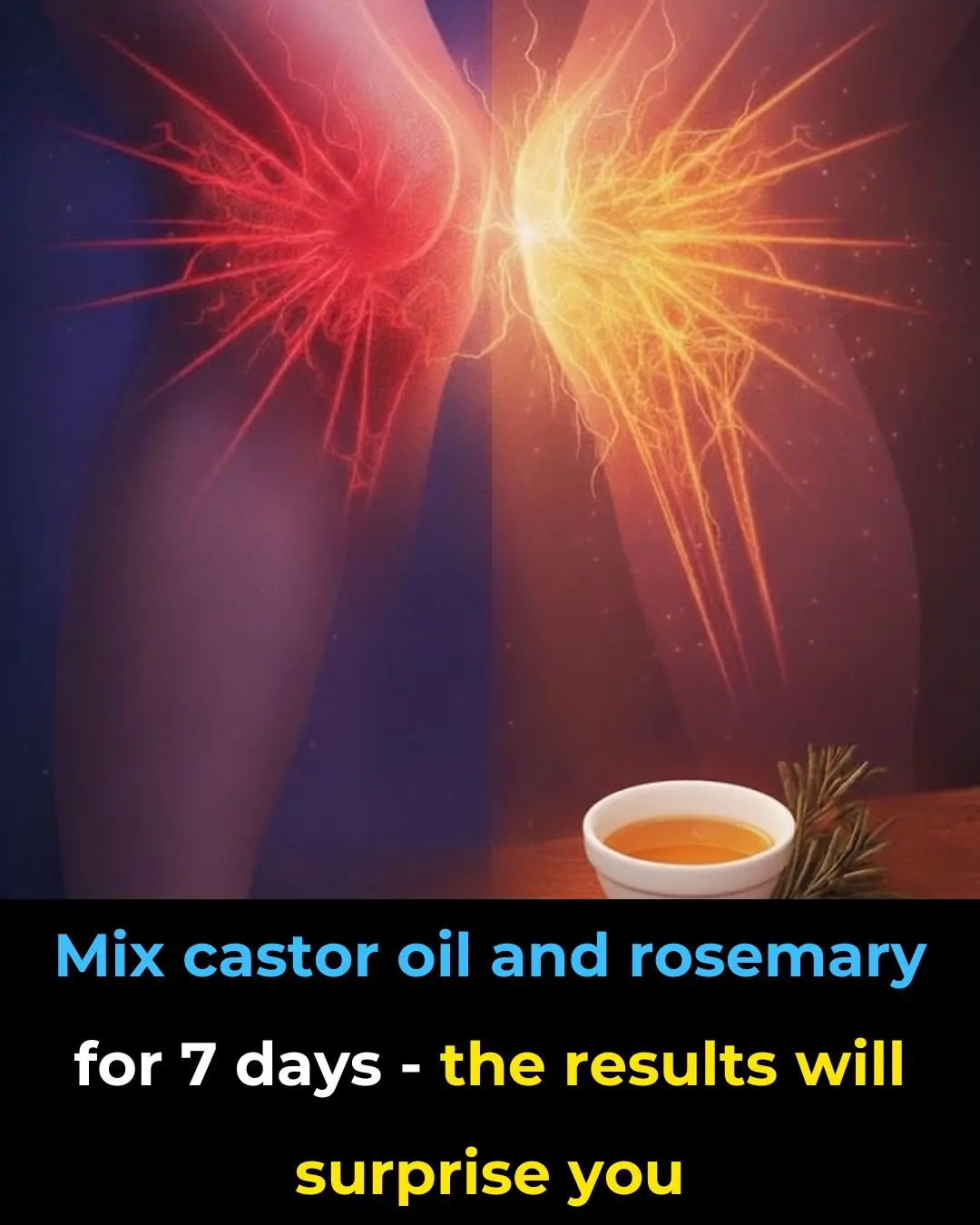
Mix castor oil and rosemary — the 7-day results will surprise you
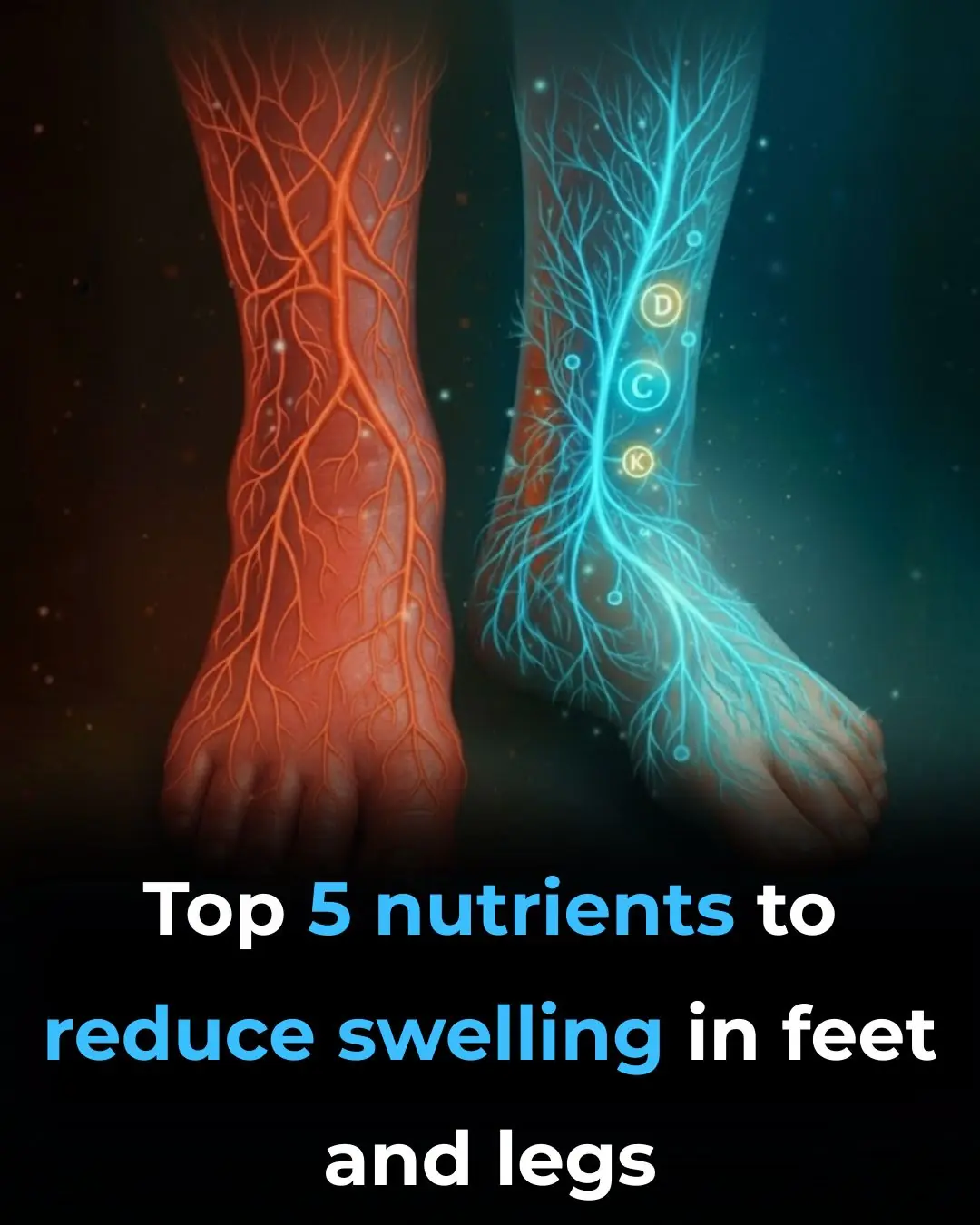
Top 5 Nutrients to Reduce Swelling in Feet and Legs
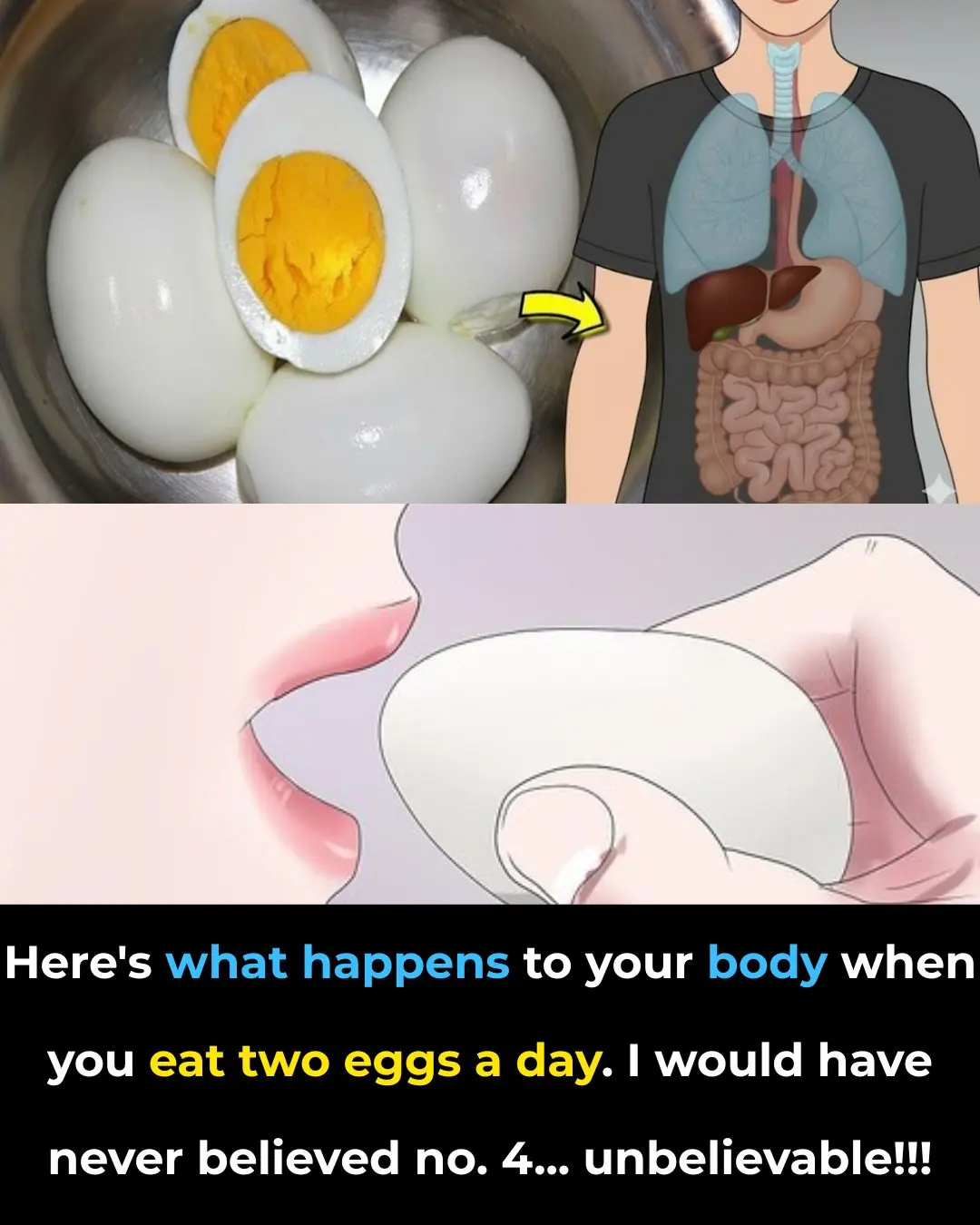
Proven Health Benefits of Eating Eggs Based on Evidence

5 Powerful Vitamins That Help Stop Acid Reflux Naturally
News Post

8 reasons why adding baking soda to your toilet tank is a must-do trick

My nana taught me this hack to dust ceiling fans in 3 mins with 0 work. Here’s how it works

My nana taught me this hack to lift carpet stains in 2 mins with 0 work. Here’s how it works

YouTubers spend $10,000 unboxing three jet boats from Temu and are in shock at what's delivered

Netflix star issues message to MrBeast after claims YouTube star is opening his own bank

Remembering Lee Elder, A Trailblazer Who Broke Barriers In Golf

‘Towanda Was Right’: Tamar Braxton Lands In the Hot Seat After Cozy Onstage Moment with Toni Braxton’s Husband Birdman

The Elephant That Never Forgot.

The Man Who Never Stopped Living.

The Cry in the Cane Field: A Mother Leopard’s Reunion.

The Diver Who Never Came Back: The Story of Saman Kunan.

The Girl Who Refused to Give Up: Yulia’s Story of Survival and Courage.

Camille’s Fight: The Girl Who Named Her Tumor and Found Her Courage.

A Dance for Daddy: The Soldier Who Stepped In When a Little Girl Needed Him Most.

The Man Who Gave a Turtle Its Freedom Back.

To the Ones Who Show Up: A Mother’s Letter to the Teachers Who Stand Between Our Children and the World.

The Whale Behind Them: A Once-in-a-Lifetime Encounter at San Ignacio Lagoon.

Red Onion for Hair Growth: How This Overlooked Natural Remedy Can Stop Hair Fall and Boost Thickness Fast

3 ways to prevent snakes from entering the house, everyone needs to know to protect their family
